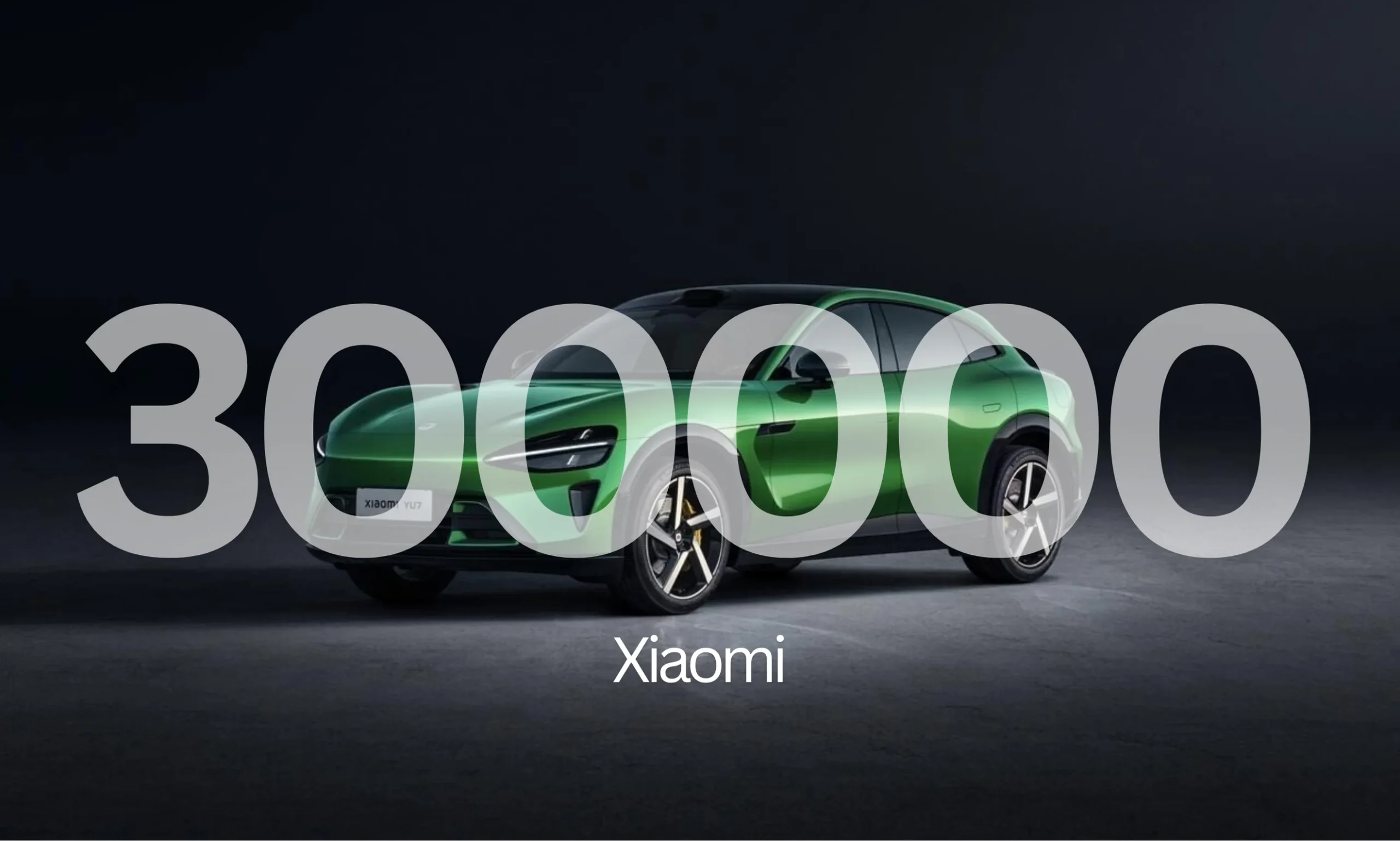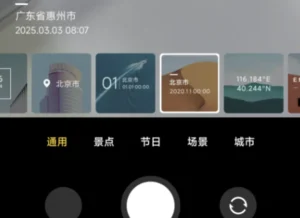Xiaomi EV Success: 300K+ Cars in 15 Months!
Xiaomi’s Electric Dream: 300,000 Deliveries in 15 Months, Taking on the EV Giants!
Xiaomi isn’t just about your smartphone anymore. This tech giant has officially landed in the automotive world with a bang, and it’s already making waves. In a mere 15 months since its March 2024 debut, Xiaomi has rolled out over 300,000 vehicles. This incredible milestone, hit in July 2025, is largely thanks to their speedy SU7 sedan and the more recent YU7 SUV. With global expansion on the horizon, Xiaomi is rapidly becoming a serious contender, ready to challenge established EV players like Tesla, BYD, and NIO. Let’s dive into what makes this rapid rise possible and how their production stacks up.

The SU7 and YU7: Driving the Demand
The SU7 sedan has been the real workhorse for Xiaomi’s automotive venture. Up to May 2025, it clocked an impressive 258,000 deliveries, with a solid 248,000 confirmed orders in 2024 alone. This car, boasting a range of 700-830 km and starting at a competitive 215,900 yuan (about $29,600 USD), is directly going head-to-head with the likes of the Tesla Model 3.
Then came the YU7 SUV, hitting the market in June 2025. Talk about a launch! It snagged 289,000 orders in its first hour. With a starting price of 253,500 yuan (around $35,000 USD) and an impressive range of up to 835 km, it’s clearly aiming to rival the popular Tesla Model Y. However, this massive demand has led to some pretty long wait times, with customers facing up to 60 weeks for their new ride.
Production Power: How Does Xiaomi Compare?
Xiaomi’s production game is growing fast. Their Beijing factory is currently geared for 300,000 units annually. But they’re not resting on their laurels; phase two of this plant, under construction since September 2024, will bump that capacity up to 350,000 units by 2025.
Let’s see how this compares to the big players:
Tesla: The Established Giant
- Shanghai Gigafactory Capacity: Around 1 million vehicles annually (Model 3 and Model Y).
- 2024 Global Production: Approximately 1.8 million cars.
- Takeaway: Tesla is operating on a completely different scale, built over more than a decade. Xiaomi has a long way to go to match this, but their trajectory is impressive.
BYD: The Chinese EV Leader
- 2024 Production: A whopping 3 million vehicles.
- Installed Capacity: Over 3.5 million units annually across multiple factories.
- Takeaway: BYD is the undisputed volume king in China, with two decades of EV experience. Xiaomi is playing catch-up in sheer numbers, but its speed is undeniable.
NIO: The Premium Challenger
- 2024 Production Capacity: Roughly 240,000 units annually.
- 2024 Deliveries: 183,000 vehicles.
- Takeaway: NIO is in a similar ballpark to Xiaomi in terms of production capacity, but Xiaomi has already surpassed NIO in deliveries in a much shorter timeframe. This highlights Xiaomi’s broader market appeal due to more accessible pricing.
[IMAGEN_2]
The Xiaomi Advantage: Tech, Ecosystem, and Price
What’s really setting Xiaomi apart? It’s their knack for integrating advanced tech, like their Hyper-Autonomous Driving system, and their deep expertise in consumer electronics. This allows them to create highly connected vehicles without breaking the bank. Even a serious incident in March 2025 involving an SU7 hasn’t shaken consumer confidence, largely thanks to the charisma of CEO Lei Jun.
Key Strengths:
- Advanced Technology: Seamless integration of smart features and autonomous driving capabilities.
- Ecosystem Integration: Leveraging their established consumer electronics ecosystem for a connected car experience.
- Competitive Pricing: Offering compelling features at price points that attract a wider audience.
The Road Ahead
With sights set firmly on Europe and other international markets, Xiaomi is gearing up to scale its production and cement its position as a significant global player in the EV arena. They’re not just dipping their toes in; they’re diving headfirst, and the established giants are definitely taking notice.








1 thought on “Xiaomi EV Success: 300K+ Cars in 15 Months!”